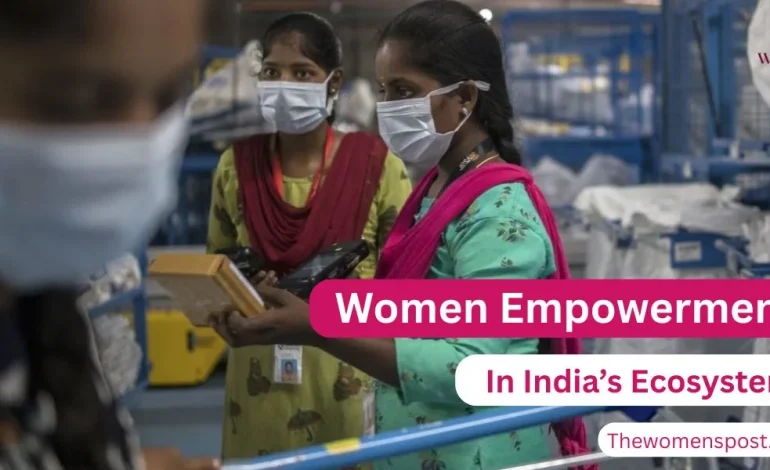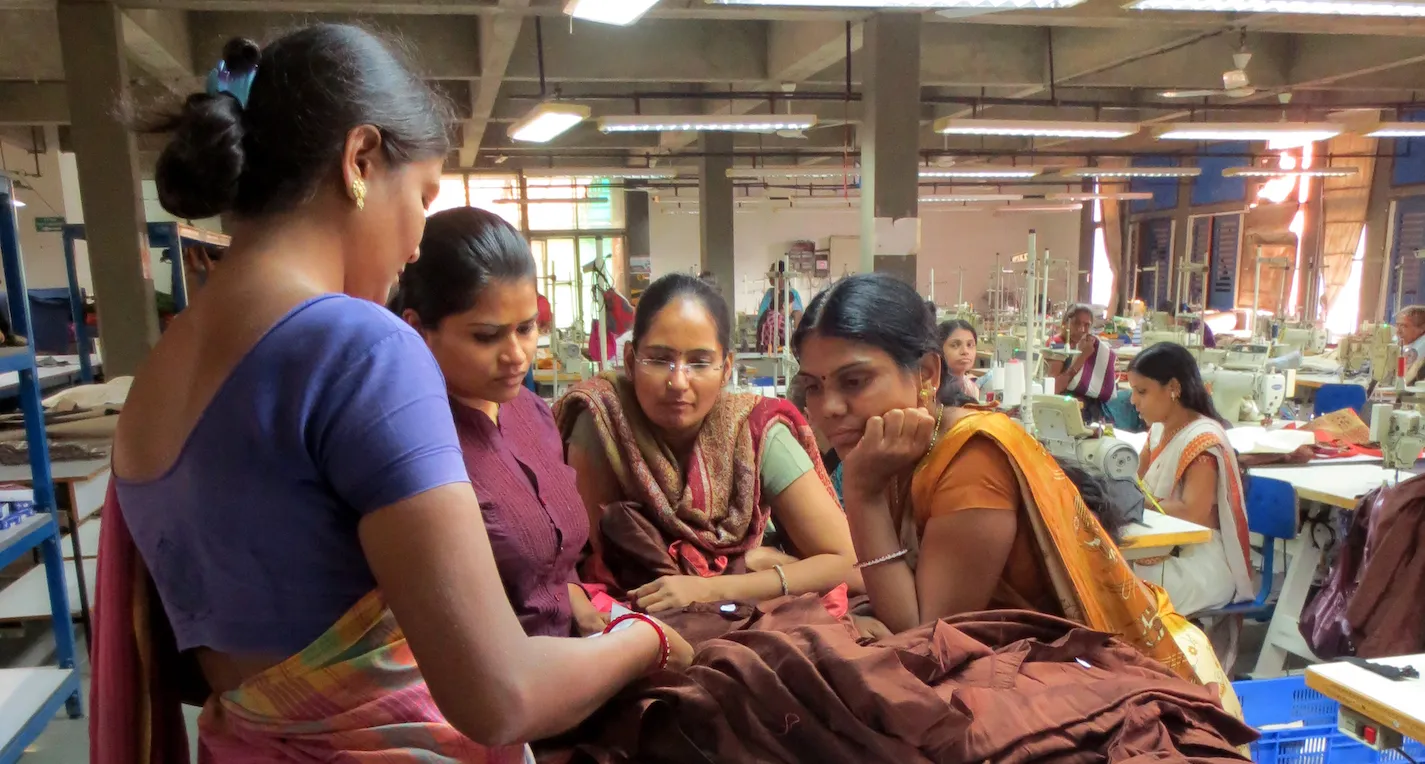How To Ensure Women Empowerment In India’s Startup Ecosystem

India’s startup ecosystem is booming, with thousands of new firms emerging each year. But for real growth, women must play a larger role. Women entrepreneurs introduce new ideas, create employment, and contribute to a more equitable economy. But they face numerous obstacles. This article examines ways to empower women in India’s startup ecosystem, based on recent trends, government initiatives, and real-world examples. By emphasizing support, funding, and inclusion, India’s startup ecosystem can unlock enormous potential.
Understanding the Current Scenario in India’s Startup Ecosystem
First, let’s see the current scenario. As of late 2024, more than 75,935 identified startups in India’s startup ecosystem have at least one woman director. That’s a good beginning, but women-led startups account for only around 20% of the total. Female self-employment has increased 30% from 2017-18 to 2023-24, indicating more women are entering business in India’s startup ecosystem. Experts estimate women-owned businesses could reach 33% by 2030, generating millions of jobs.
Employment Trends and Regional Leadership
These companies tend to employ more women—up to 43% of their workforce—compared to male-led companies. In regions like South India, states like Manipur and Meghalaya are leading with higher percentages of women-led businesses. But India ranks 57th in the world on women entrepreneurship, so there’s scope for improvement in India’s startup ecosystem.
Challenges Faced by Women in India’s Startup Ecosystem

Also Read: The Role Of Women-Founded Startups In Economic Development
Women in India’s startup ecosystem have huge challenges. Funding is a big problem—women receive only around 18% of startup funding. Many use their own savings, with 87% self-financing. Bias in venture capital is a factor, as investors tend to favor men.
Socio-Cultural and Access Issues
Socio-cultural norms put pressure on them, such as balancing work and family. Access to networks, skills training, and markets is also restricted, particularly in rural areas. These obstacles hinder growth and keep many talented women out of India’s startup ecosystem.
Strategies for Empowering Women in India’s Startup Scene
To correct this, a combination of policies, support systems, and mindset shifts is required. Governments, businesses, and communities need to collaborate to put in place strategies for empowering women in India’s startup ecosystem. Below are key approaches to drive change.
Government Policies and Initiatives
Begin with robust policies. The Indian government has initiated various schemes to encourage women’s participation in India’s startup economy. Startup India empowers women through skill enhancements and platforms such as the Women Entrepreneurship Platform (WEP) by NITI Aayog. WEP provides mentorship, resources, and funding connections for women entrepreneurs, increasing women’s access to funding in India’s startup ecosystem.
Loan Schemes
Schemes such as Stand-Up India provide loans up to ₹1 crore to women and marginalized communities. Mudra Yojana provides small loans without collateral, enabling many to start micro-businesses. Other initiatives include Mahila Udyam Nidhi for low-interest loans and Annapurna Scheme for food businesses.
Budget and Events
In the 2024-25 budget, there is emphasis on interest-free loans for startups and women’s development, further promoting women’s participation in India’s startup economy. Platforms such as Startup Mahakumbh 2025 highlight women-led innovations and connect them with investors, increasing how to develop women’s leadership in Indian startups.
Mentorship and Networking Opportunities

Also Read: The Emergence Of Female Investor Networks: Empowering Startups In 2025
Mentorship and networks are important too. Women require mentorship from experienced leaders to navigate India’s startup ecosystem. Initiatives such as WEP and SuperStree honor women’s success and create connections.
Female Investor Networks
Female investor networks, such as those from SAHA Fund, invest in women-led tech and health startups, increasing women’s access to funding in India’s startup ecosystem. Women investors influence the ecosystem by mentoring and investing prudently, contributing to how to develop women’s leadership in Indian startups.
Inclusive Startup Cultures
Startups need to develop inclusive cultures, with flexible work and anti-bias hiring. Digital tools assist—AI and tech platforms enable women to access markets and acquire skills more easily, supporting strategies for empowering women in India’s startup ecosystem.
Success Stories: Women Leading in India’s Startup Ecosystem

Also Read: How Amazon Is Empowering Women Entrepreneurs In India
Study success stories for inspiration. Women such as Falguni Nayar of Nykaa have created beauty empires worth billions. Ghazal Alagh’s Mamaearth specializes in natural products, while Vineeta Singh’s SUGAR Cosmetics champions inclusive beauty. Ruchi Kalra’s OfBusiness fuels small businesses in B2B. These women leaders succeed in tech, finance, and wellness—leading sectors for women in India’s startup ecosystem in 2025.
Initiatives Driving Change
Programs such as SPARK 100K seek to empower 100,000 women with governance, digital skills, and global networks, promoting women’s engagement in India’s startup economy. They demonstrate how focused assistance converts ideas into big wins.
Role of Private Sector and Philanthropy
The private sector and philanthropy can accelerate this. CSR funds gender equality in startups, increasing women’s access to funding in India’s startup ecosystem. Partnerships, such as those at global forums, advocate for improved credit access. Education on digital public infrastructure empowers women in gig work, education, and finance, aligning with plans for empowering women in India’s startup ecosystem.
Conclusion: Building a Women-Led Future in India’s Startup Ecosystem
Ultimately, empowering women in India’s startup ecosystem requires sustained effort. Policies must change, biases must cease, and support must extend to all regions. With almost 160,000 startups and more unicorns, India’s startup ecosystem is poised for women-led change. By investing in women, India creates a stronger, more equal future. The way is clear: integrate government schemes, mentorship, and innovation to drive how to develop women’s leadership in Indian startups.









